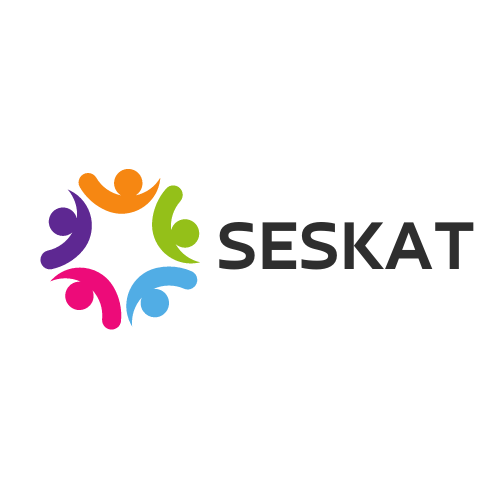
During which emotional stages do you believe we are most receptive to learning: when experiencing stress, anger, and sadness, or when feeling happiness, motivation, and encouragement?
While the answer may seem straightforward, research suggests that the relationship between emotions and learning is more nuanced than commonly perceived. The Social-Emotional Skills for Adult Trainers (SESKAT) project is dedicated to fostering emotional balance among adult trainers and learners, aiming to enhance their learning abilities. SESKAT was founded by the European Commission and had transnational meetings to assist as many trainers and learners as possible. Eurospeak is proud to be partnered in this project.
Studies by Rowe & Fitness (2018) indicate that unlike positive emotions, which typically yield positive learning outcomes, negative emotions can have both positive and negative impacts on adult learning. SESKAT assumes a pivotal role in assisting adults in evaluating and enhancing their emotional intelligence, ultimately influencing the level of self-revelation during their learning phases and consequently, their learning outcomes (Shuck et al., 2007).”
Emotions are dynamic and subject to change throughout the learning process. SESKAT will provide strategies for enhancing positive emotions and managing negative emotions from both the perspectives of trainers and learners. Research conducted by Angelaki and Mavroidis (2013) at the Hellenic Open University indicates the significant impact of positive communication on adult learners’ emotions. Positive interactions between tutors and learners, as well as among learners themselves, have been shown to profoundly influence students’ learning outcomes.
In the Erasmus+ project SESKAT, we aim to address these issues in adult education. The project’s objectives are: 1. Raise awareness of the importance of emotional intelligence in adult education; 2. Highlight the particular implications of andragogy; 3. Identify the most important emotions involved in the formative process; and 4. Detect risks and opportunities of those emotions in the training process. Adult trainers and learners are the main target groups. SESKAT has identified 12 emotions that assist adult training and identifies a self-assessment tool for adults. For more information, please visit our website.

